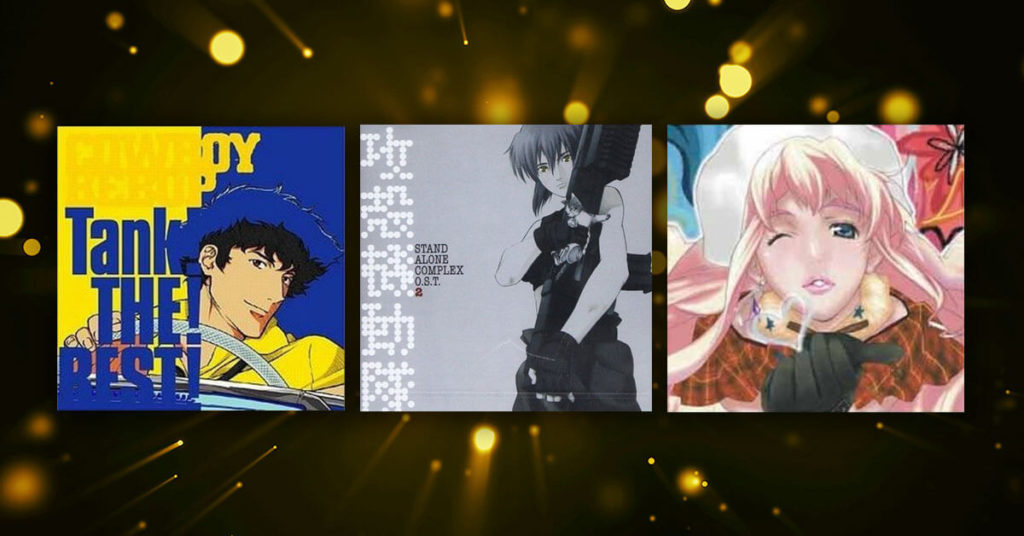
Who comes to mind when you think of Japanese composers? Japan has a strong legacy of composers known for creating powerful music that touches people’s hearts worldwide, and Yoko Kanno is one of the most prominent among them. Her memorable compositions have made the musical world of anime & games much richer, and have been great sources of inspiration for many up-and-coming composers since.
Table of Contents
The Career History of Yoko Kanno
Yoko Kanno, born in 1963, is a composer, arranger, and music producer from Sendai City, Miyagi Prefecture, Japan. Her first encounter with the world of music was at the age of just 2 years old, when she found herself unable to leave her relatives’ piano, which would lead to her parents later buying her a piano of her own.
Kanno has felt that she has been better at expressing herself through music rather than with language since she was very young. On weekdays, she would use the piano to play whatever she liked and experimented with making new songs. In 1974, she won a prize in the Yamaha Junior Concert National Competition. She also received motivating advice from competition judge Yasushi Akutagawa, composer and son of famed novelist Ryunosuke Akutagawa. Later, she had the opportunity to study piano and composition with Japanese pianist Kazuko Yasukawa. However with regards to Yoko Kanno’s style of musical theory, it could be said that she has learned just as much from her own music production experience as she has from the famous teachers she has studied under.
In her middle school and high school days, she used various musical instruments to compose songs while in the school’s wind band. Later, in order to become a novelist, she studied at the First Faculty of Literature at Waseda University. At that same time, she began her life in the Japanese music industry with an introduction by friends to the band elective that she joined.
Features of Yoko Kanno’s Compositions
Yoko Kanno’s songs are surprising and yet novel, and her style of music has touched the hearts of many people. What are the main charms of her compositions that set them apart from those of other composers? We have selected a few key points here!
- The melody in the chords is very direct, but it can sometimes become more difficult to play
- It may seem that the key has changed on the surface, when it actually has not – the progress of her tunes can feel very ‘contradictory’
- Constantly inventing new musical ideas that are not taken from existing music theory books, making new breakthroughs in music theory
- Repeating the same melody while raising the pitch at the same time
- Songs that are highly accomplished in a compositional sense, while retaining a sound that can be popular with average people
Her Masterpieces in Anime and Games
If you’re a fan of anime or play a lot of Japanese video games, you might have heard some tunes by Yoko Kanno. If you’re not sure that you’ve heard her songs or not, you can refer to the following select series list as a great introduction to Yoko Kanno’s vast catalog, or check Wikipedia to find out if Yoko Kanno’s name shows up attached to your favorite soundtracks!
Tank! (Cowboy Bebop)
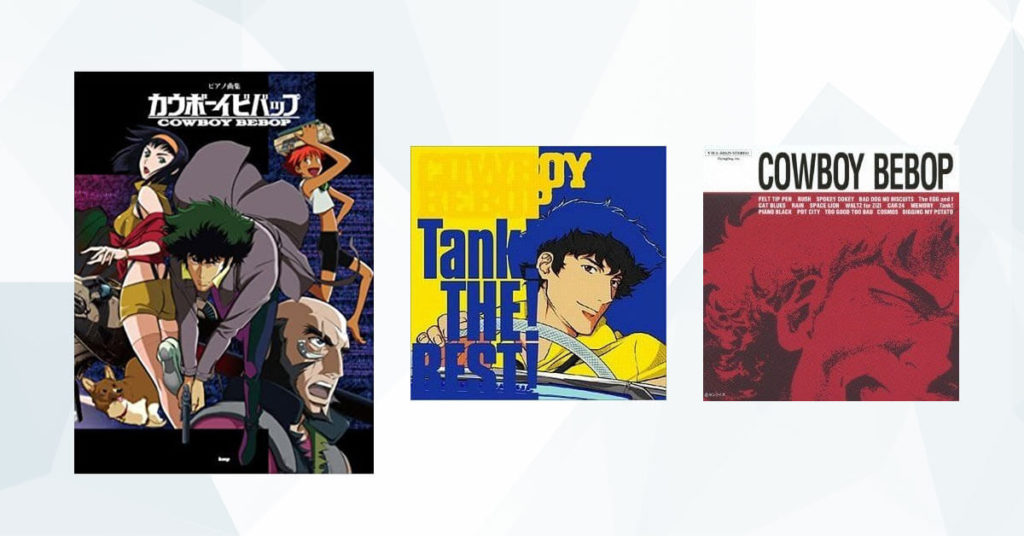
Worldwide hit anime series Cowboy Bebop’s opening song ‘Tank!’, first ending theme ‘The Real Folk Blues’, the Episode 13 ending song “Space Lion”, and the Episode 26 ending song “Blue” are all composed and arranged by Yoko Kanno and performed by her band The Seatbelts. The word ‘bebop’ in the title comes from the bebop category of jazz, referring to the jazz style used throughout the entire animation. This series is considered to be an all-time classic of Japanese animation made with inspirations from Western culture.
Rise (Ghost in the Shell)
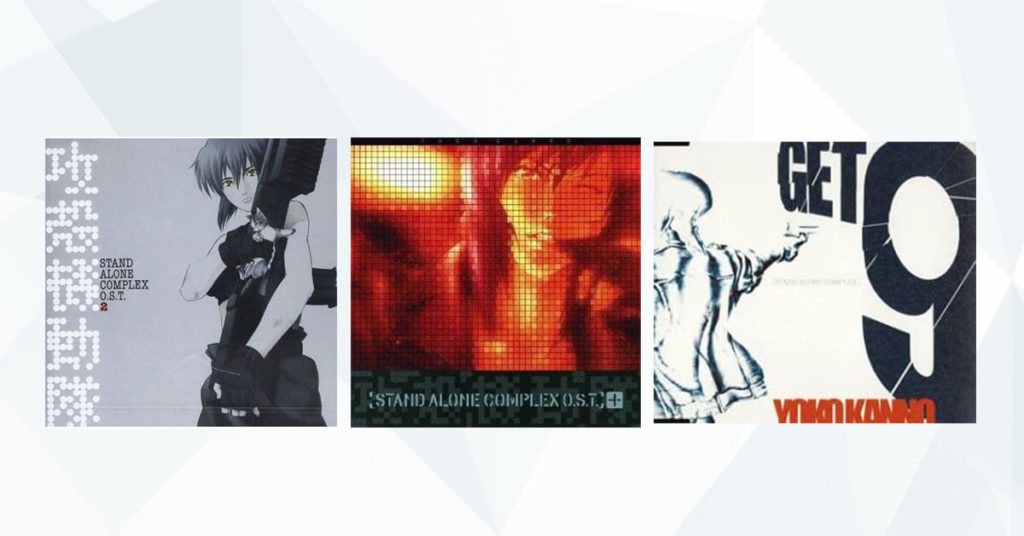
Rise, which combines Russian and English lyrics, is the opening theme to the second season of the Ghost in the Shell anime series, known as ‘Ghost in the Shell: S.A.C. 2nd GIG’. Yoko Kanno was the main composer throughout this anime series. This collaborative effort between Yoko Kanno and Russian-born singer Origa is a great example of how Kanno’s creative musical talents contributed to the popularity of the Ghost in the Shell series!
Genesis of Aquarion (AKINO)
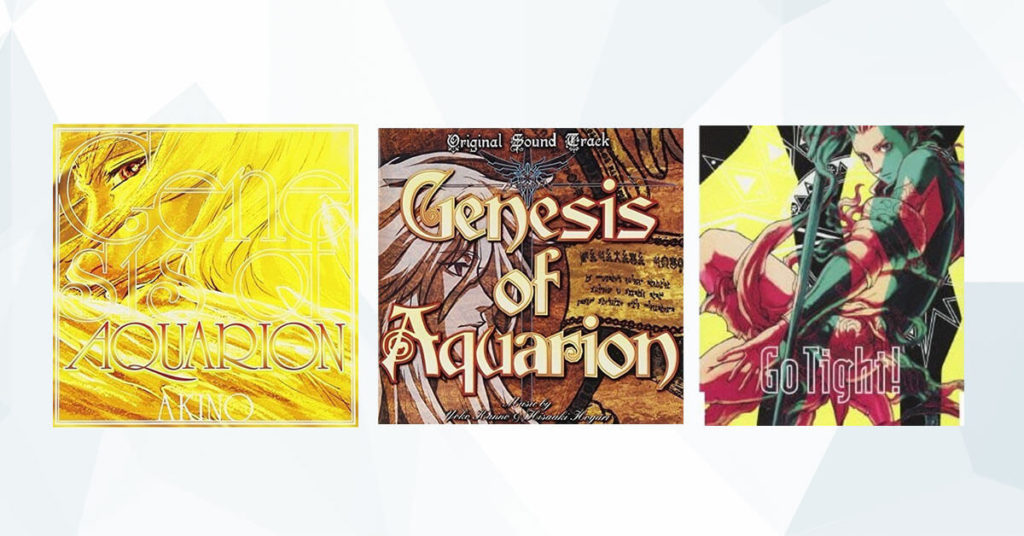
This hit single is the theme song of the anime series with the same name, ‘Genesis of Aquarion’. It is sung by AKINO, written by Yuho Iwasato, and composed by Yoko Kanno. After the final interview, AKINO was selected Yoko Kanno to sing this tune which would reach #14 on the Japanese Oricon Singles Weekly Chart in a later rerelease.
Tsuki no Mayu (Turn A Gundam)
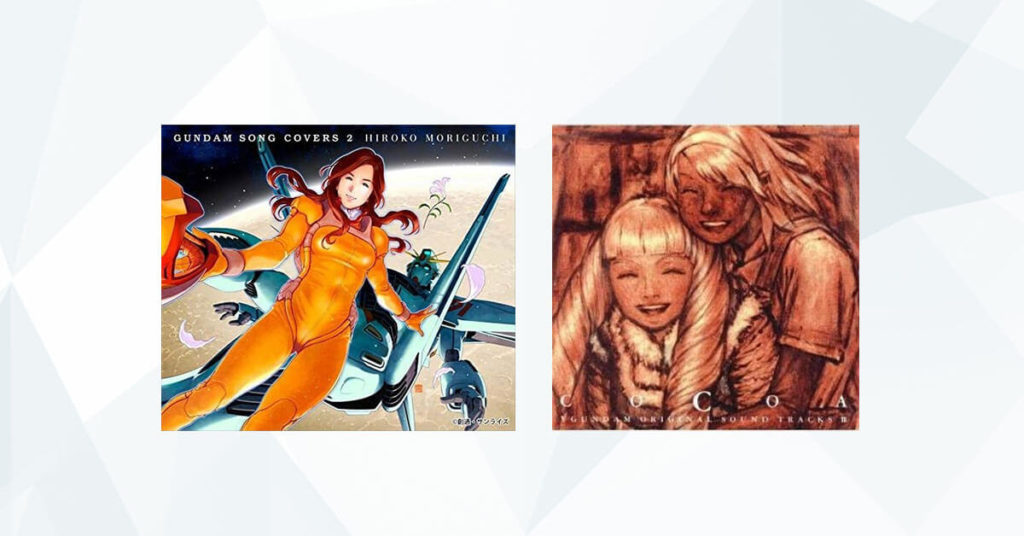
Tsuki no Mayu, which means ‘Moon’s Cocoon’ in Japanese, was sung by Aki Okui and composed by Yoko Kanno as a theme song for the Turn A Gundam series from 1999. With lyrics such as ‘This star is hazy, like silver tears falling on the earth’, the entire song exudes a very dreamlike quality.
Lion (Macross Frontier)
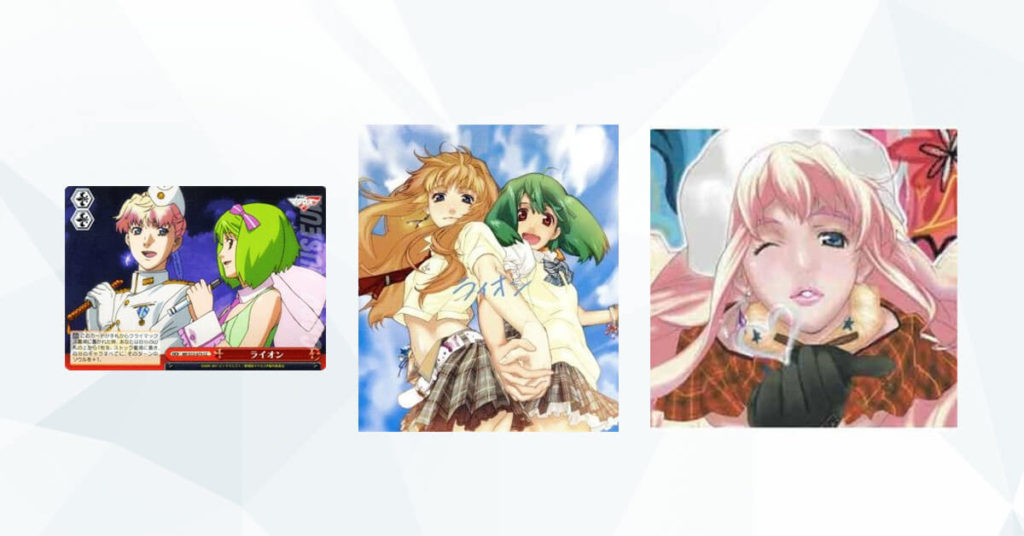
This theme song of the popular anime Macross Frontier from the mid-2000’s is a duet sung by Megumi Nakajima and May’n, with lyrics by Gabriela Robin, and composition by Yoko Kanno. Interestingly, Gabriela Robin was found over time to have also been Yoko Kanno, with the Robin name intended to be a pen name for songs where Kanno mixed English and Japanese. The intro melody pitch goes from high to low, building up to a powerful and addictive melody afterwards. This song was truly one that Macross fans have not forgotten since its release.
In My Dream (Brain Powerd)
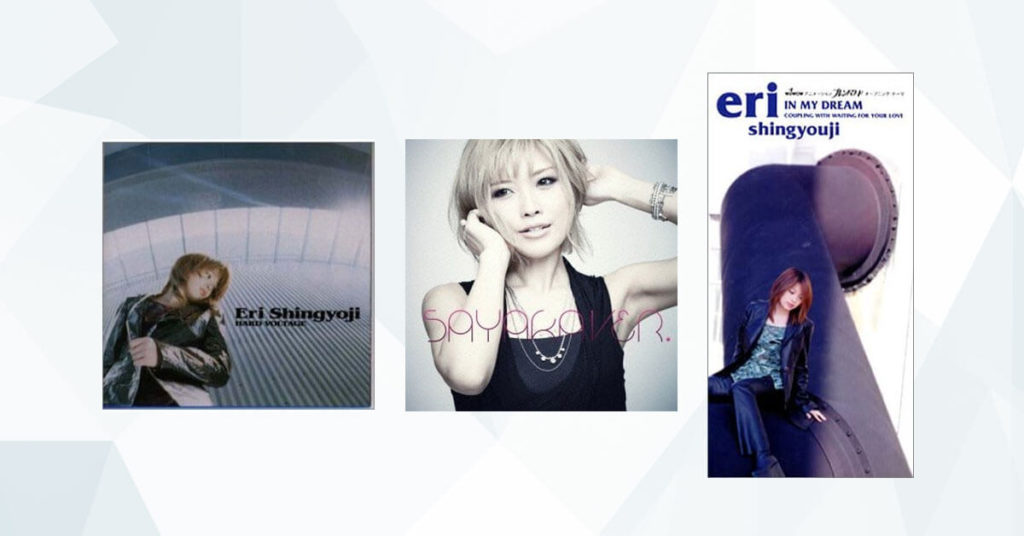
A composition by Yoko Kanno which was performed by singer of Eri Shingyoji. It was the main theme song of mecha anime series Brain Powerd throughout its run in 1998, and became a popular work at that time.
Yoko Kanno’s music is hard to define, with an impressive amount of experimentation throughout her career, and has had a major impact on countless fans worldwide. If you haven’t seen her music yet, you simply must give it a try when you can.
